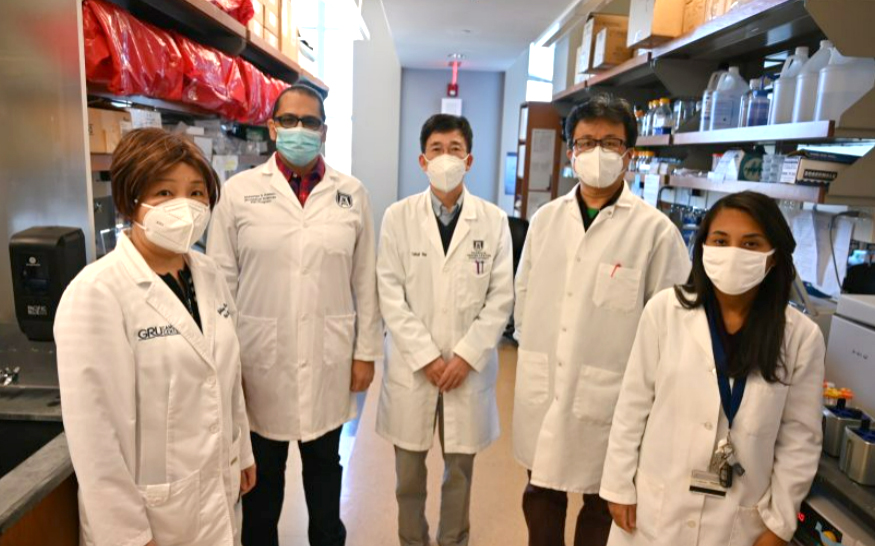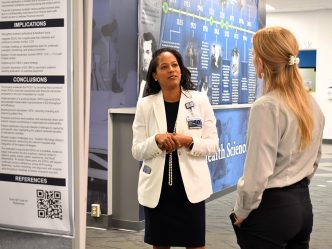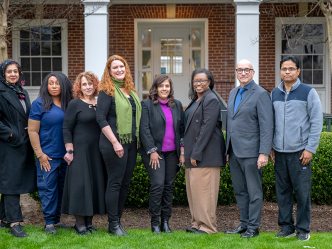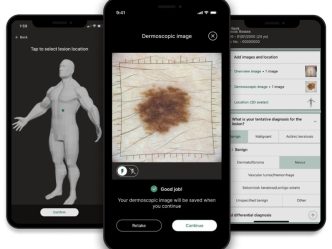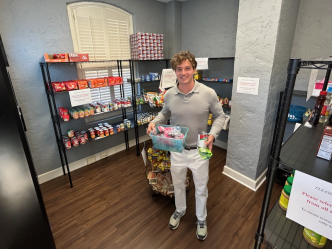Despite liver cancer being the third leading cause of cancer deaths worldwide, there are not many treatment options currently available for patients. Dr. Yukai He and his team want to change that.
“I have witnessed the suffering and death of liver cancer patients since I was in medical school. The suffering of liver cancer patients constantly reminds me and motivates me to develop novel therapies for them using our knowledge I have learned,” He said.
He is a professor in the Department of Medicine in the Medical College of Georgia and Georgia Cancer Center. He recently published a paper, in partnership with Leidy D. Caraballo Galva, XiaoTao Jiang, Mohamed S. Hussein and Huajun Zhang, that shows their work in the development of new liver cancer treatments.
Using chimeric antigen receptor T-cells, also known as CAR-Ts, against different forms of cancer is not a new treatment. High-affinity CAR-Ts are effective against blood cancers; however, the same cannot be said for their effectiveness against solid tumors, such as liver cancer. While the high-affinity CAR-Ts can attack and kill tumor cells, the CAR-Ts will eventually tire and lose their ability to fight.“A metaphor for this is that when we punch our fist too hard on an object, while that may destroy the subject, we often get hurt too,” He said. “The same principle is true for CAR-Ts. If CAR-T cells bind its target tumor cells with high affinity persistently, like that in solid tumor mass, it will get tired, exhausted, and eventually die.”
Through their research, He and his team discovered low-affinity CAR-Ts were able to kill tumor cells to the same extent as the high-affinity CAR-Ts. On top of that, the low-affinity CAR-Ts stayed in the tumor mass for longer periods of time and with less exhaustion than the high-affinity CAR-Ts.
Their next step is to test its efficacy in clinical trials. He plans to team up with other physicians at the Georgia Cancer Center and apply for FDA approval to conduct their clinical trials. With proper funding from donors and charity foundations to perform these clinical trials, He is hopeful that their low-avidity CAR-Ts will become a viable treatment option for liver cancer patients.
To support future liver cancer treatments, visit the Liver Cancer Research fund.
 Augusta University
Augusta University
